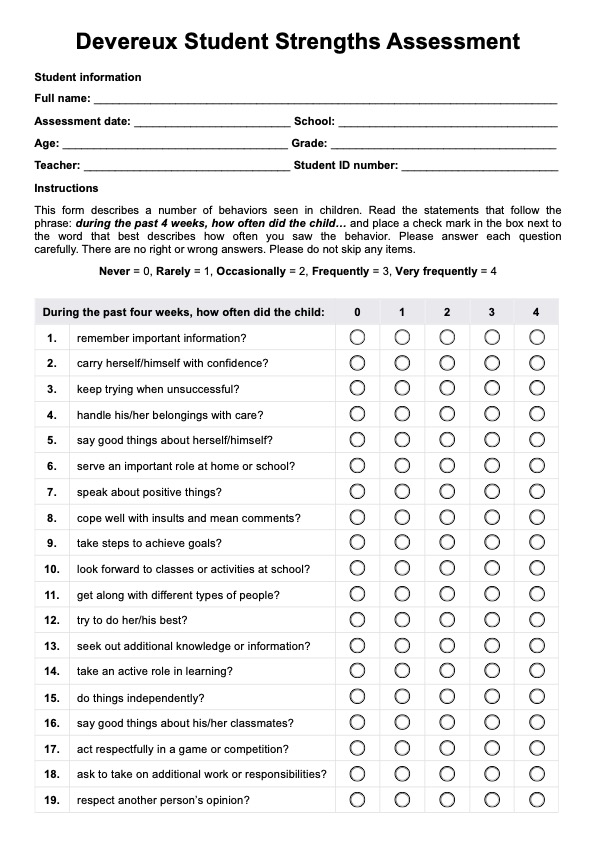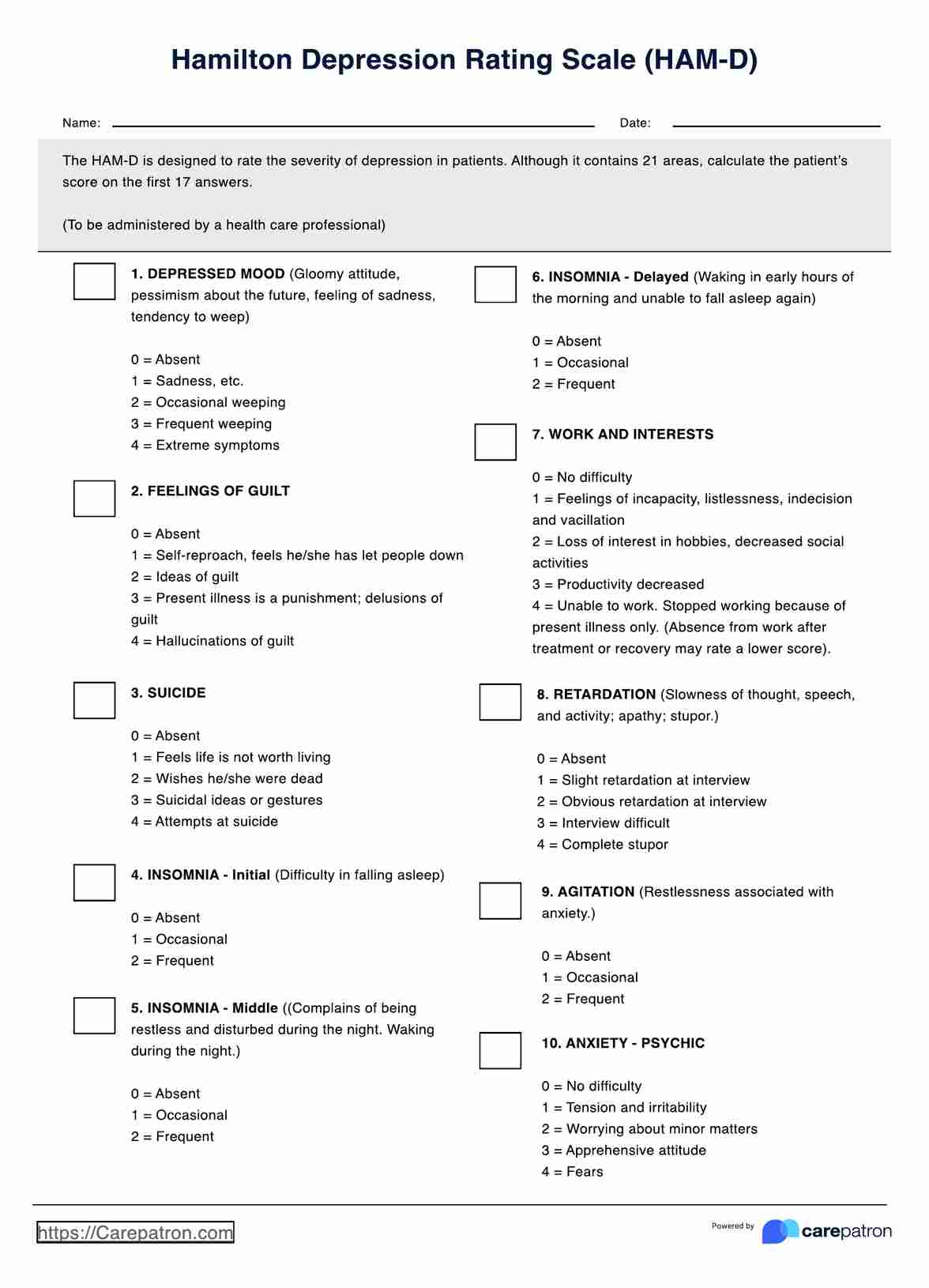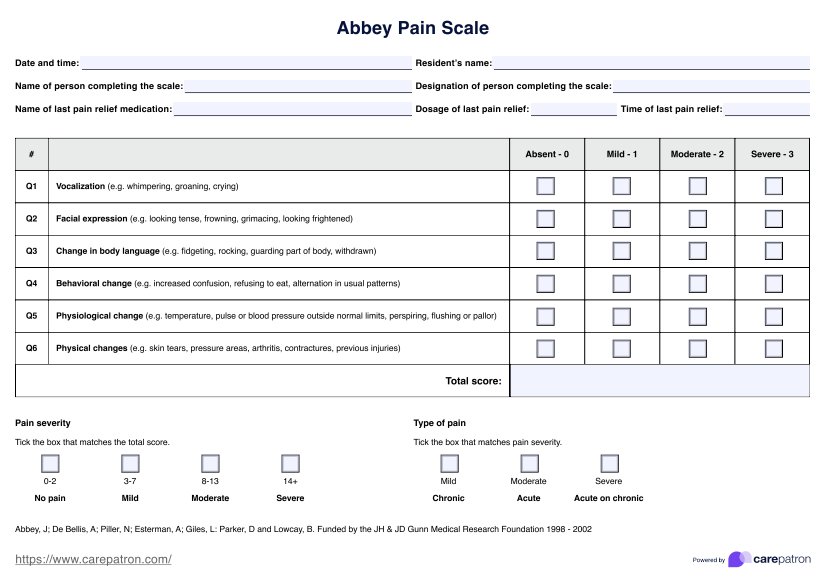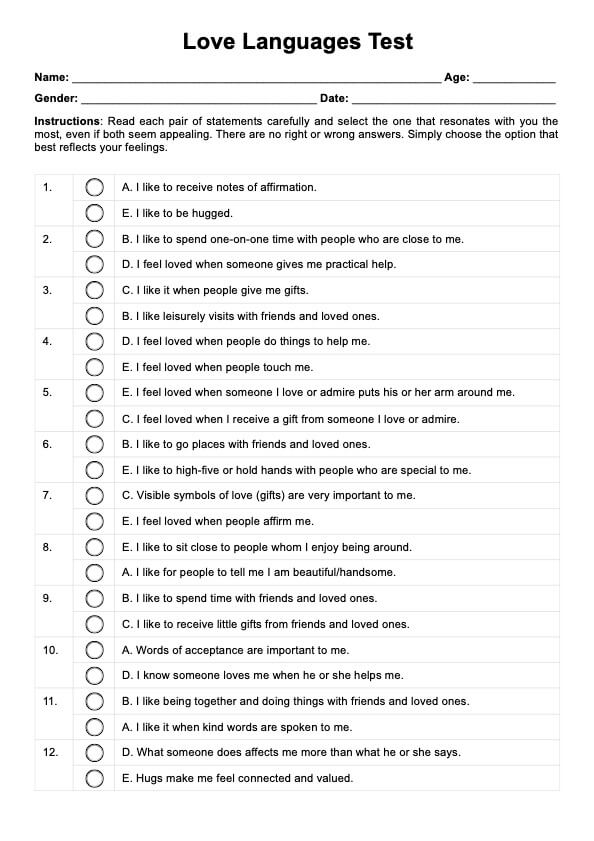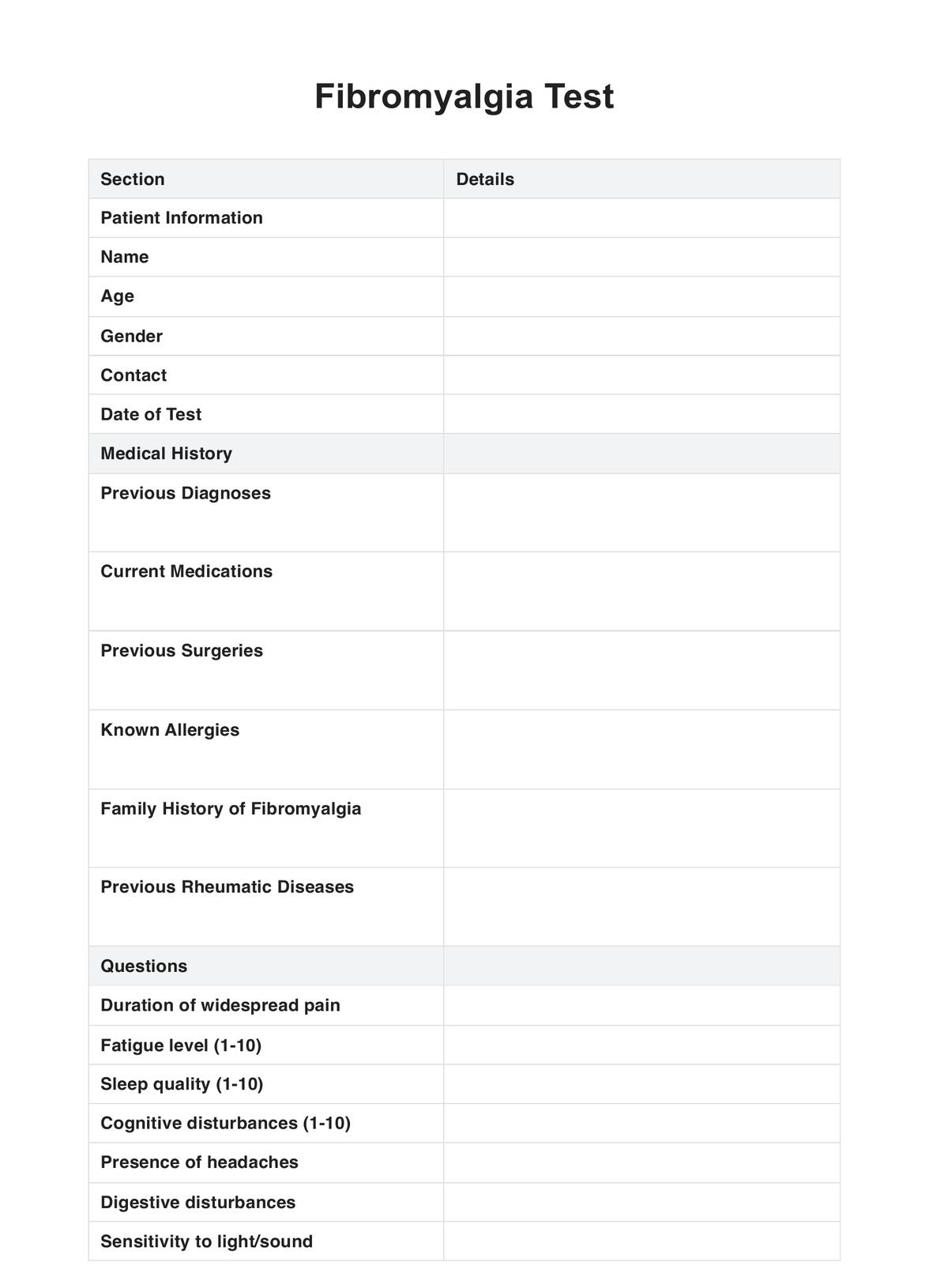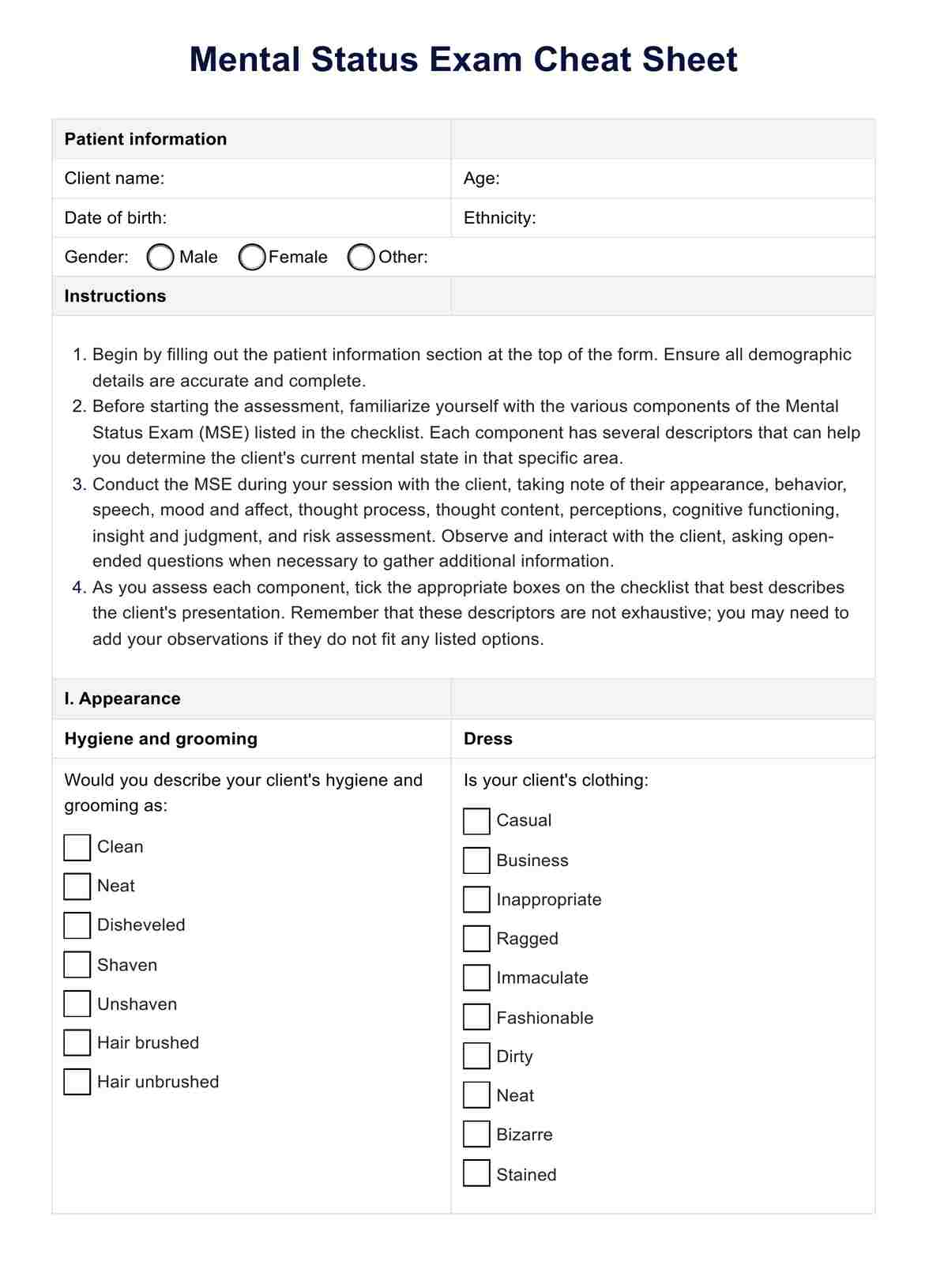ESA Letter Michigan
Secure your ESA letter in Michigan for enhanced healthcare support. Obtain legal emotional support animal documentation for improved well-being today.


Michigan emotional support animal laws
Michigan emotional support animal laws provide protections for individuals with mental or emotional disabilities who rely on emotional support animals (ESAs) for therapeutic benefits. While ESAs are not considered service animals under the Americans with Disabilities Act (ADA), they are recognized under the Fair Housing Act (FHA) and Michigan state laws.
Housing providers must make reasonable accommodations for ESAs, including waiving no-pet policies and pet fees. To qualify for an ESA, individuals must obtain a legitimate ESA letter from a licensed mental health professional, which verifies their need for an emotional support animal. Unlike service animals or psychiatric service dogs, ESAs do not require specific task training and can be any animal, not only dogs or miniature horses.
Michigan law also recognizes the importance of ESAs in providing emotional support and improving the well-being of individuals with mental health disabilities. However, ESAs do not have the same public access rights as trained service animals under the ADA or Michigan's service animal laws. The Air Carrier Access Act previously provided protections for ESAs during air travel, but recent changes have limited these rights. It's important to note that only a licensed mental health professional with a physical office in Michigan can issue a valid ESA letter for housing accommodations in the state (Guerin & J.D., n.d.).
ESA Letter Michigan Template
ESA Letter Michigan Example
What is an ESA letter?
An emotional support animal letter, or an ESA letter, is a document issued by a licensed mental health professional that verifies an individual's need for an emotional support animal. This letter is crucial for individuals with mental or emotional disabilities seeking accommodation for their ESA under the Fair Housing Act and other relevant laws.
In Michigan, a mental health professional with a physical office in the state must provide a legitimate ESA letter. It serves as official documentation to housing providers and others that the animal provides therapeutic benefits to the individual, helping them cope with symptoms related to their mental health condition.
How to use this template
This template serves as a guide for licensed mental health professionals in Michigan to create legitimate emotional support animal letters for individuals with mental or emotional disabilities. It adheres to federal guidelines, including the Fair Housing Act and state laws, ensuring the letter meets legal requirements for housing providers and other relevant parties.
Step 1: Personalize the letter
Fill in the patient's name, specific mental health condition, specific type of animal, and how an Emotional Support Animal Michigan can provide therapeutic benefits or alleviate symptoms. This step demonstrates the connection between the person's disability and the need for an emotional support animal.
Step 2: Include professional credentials
As a licensed mental health professional with a physical office in Michigan, clearly state your qualifications and contact information. This establishes your authority to issue a legitimate emotional support animal in Michigan and complies with the law regarding ESA certification.
Step 3: Explain legal context
Relevant legislation, such as the Fair Housing Act and Michigan ESA housing laws, should be referenced. This will inform housing providers of their obligations to make reasonable accommodations, including waiving no-pet policies and pet fees for emotional support animals.
What conditions qualify for an ESA letter?
Mental health disability and conditions may qualify an individual for an emotional support animal letter in Michigan. Licensed mental health professionals evaluate each case to determine if emotional support animals can provide therapeutic benefits and alleviate symptoms associated with the person's disability.
Anxiety disorders
Individuals with anxiety disorders, including generalized anxiety disorder, social anxiety, and panic disorders, may benefit from a support animal in Michigan. These service animals can provide comfort and emotional support, helping to reduce anxiety symptoms and improve overall well-being.
Depression
An emotional support animal (ESA) can offer companionship and unconditional love to those struggling with depression, potentially alleviating feelings of loneliness and improving mood. The responsibility of caring for service animals may also provide a sense of purpose and routine.
Post-traumatic stress disorder (PTSD)
For individuals with PTSD, an emotional support animal can offer a sense of security and help manage symptoms such as hypervigilance and nightmares. Some service animals, like a psychiatric service dog, may even be trained to provide deep-pressure therapy during anxiety attacks.
Bipolar disorder
ESAs can provide stability and emotional support for individuals with bipolar disorder, potentially helping to regulate mood swings and provide comfort during depressive or manic episodes.
Attention deficit hyperactivity disorder (ADHD)
While not typically associated with ESAs, some individuals with ADHD may benefit from the calming presence and routine care requirements of an emotional support animal.
Autism spectrum disorders
For some individuals on the autism spectrum, an ESA can provide comfort, reduce anxiety in social situations, and help with emotional regulation.
Specific phobias
ESAs can offer support and comfort to individuals with specific phobias, potentially helping them cope with anxiety-inducing situations related to their fears.
Obsessive-compulsive disorder (OCD)
The presence of an ESA may help individuals with OCD by providing a calming influence and potentially redirecting obsessive thoughts or compulsive behaviors.
It's important to note that while these conditions may qualify for an ESA letter, each case is evaluated individually by a licensed mental health professional. The emotional support animal must provide therapeutic benefits related to the person's disability and not simply serve as a pet. Unlike a trained service animal or a psychiatric service dog, ESAs are not required to perform specific tasks but rather provide emotional support through their presence and companionship.
Benefits of ESA letter
An ESA letter in Michigan provides several advantages for individuals with mental or emotional disabilities who rely on emotional support animals. These letters offer legal recognition and protection for the therapeutic benefits that support animals provide.
Housing accommodations
Under the Federal Fair Housing Act, an ESA letter allows individuals to live with their emotional support animals in housing with no-pet policies. Landlords must make reasonable accommodations, even if the property typically restricts animals.
Protection from discrimination
The ESA letter in Michigan serves as official documentation of a person's need for an emotional support animal, helping to prevent discrimination based on mental or emotional disability in housing situations.
Fee exemptions
With a valid emotional service animals letter, individuals are often exempt from pet deposits, pet rent, or additional fees typically charged for animals in rental properties.
Travel considerations
While the Air Carrier Access Act has changed regarding ESAs, some airlines may still accommodate individuals with ESA letters, potentially allowing the support animal to travel in the cabin.
Public access to dog parks
Although emotional support animals do not have the same public access rights as service dogs or psychiatric service dogs, some dog parks in Michigan may allow ESAs with proper documentation, providing opportunities for exercise and socialization.
Reference
Guerin, L., & J.D. (n.d.). Michigan laws on service dogs and emotional support animals. Nolo. https://www.nolo.com/legal-encyclopedia/michigan-laws-on-service-dogs-and-emotional-support-animals.html
Commonly asked questions
While technically, any animal can be an emotional support animal, there are some practical considerations. Dogs and cats commonly serve as ESAs, but other animals like rabbits, birds, or even miniature horses can qualify. The key is that the animal must provide therapeutic benefits to its owner to help them cope with a mental health condition or emotional disability.
However, housing providers may have reasonable restrictions on exotic or dangerous animals. It's important to note that an ESA differs from a service dog, specifically trained to perform tasks for a person with a disability. ESAs don't require special training - their presence alone provides comfort and support to their owners.
No, emotional support animals do not require any special training. Unlike a service dog, trained to perform specific tasks for individuals with disabilities, ESAs provide comfort and emotional support through their presence and companionship. The animal's natural behaviors help owners cope with symptoms of mental health conditions. However, while formal training isn't required, it's beneficial for ESAs to have basic obedience skills and be well-behaved, especially in housing situations.
This helps ensure they do not cause disturbances or exhibit aggressive behavior. Some therapy animals undergo training, but ESAs are distinct from therapy animals and don't need this specialized preparation.
You do not need to disclose the specific details of your disability to your landlord or employer to have an emotional support animal. However, you will need to provide documentation from a healthcare provider or mental health professional stating that you have a disability and that the ESA provides therapeutic benefits. This documentation typically comes in the form of an ESA letter. When presenting this to a housing provider, you're not required to reveal the nature of your disability or discuss your mental health condition.
The letter itself serves as verification without disclosing private medical information. In Michigan, as in other states, landlords must make reasonable accommodations for ESAs, even in properties with a no-pet policy. Employers, however, are not required to allow ESAs in the workplace under current laws. It's always best to communicate clearly with your landlord or employer about your needs while maintaining your privacy rights regarding your specific condition.



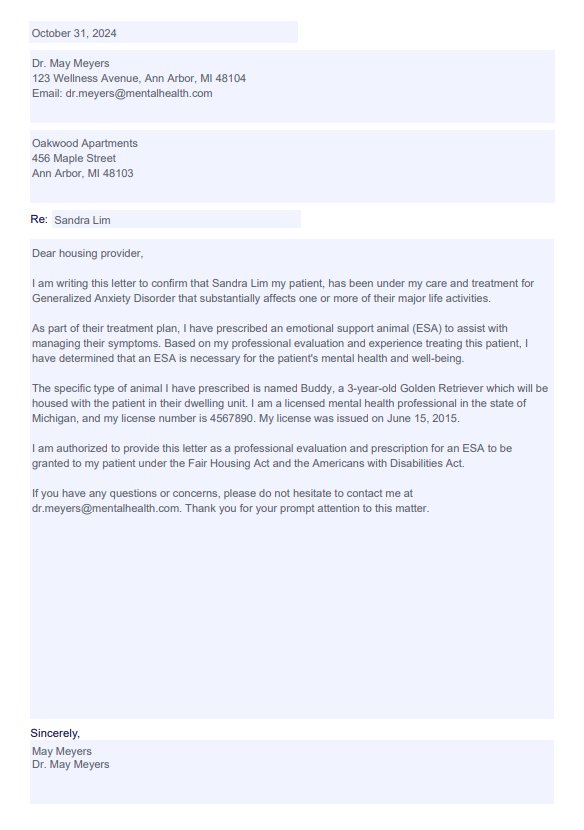

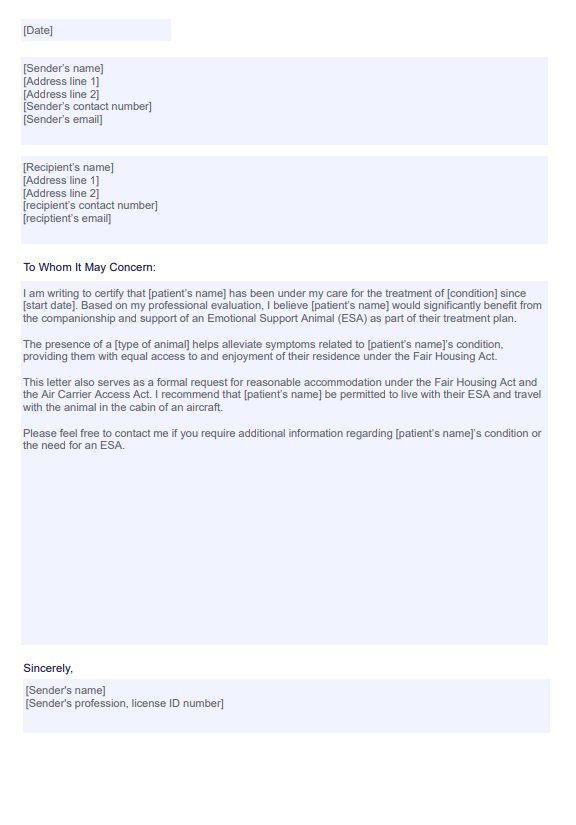


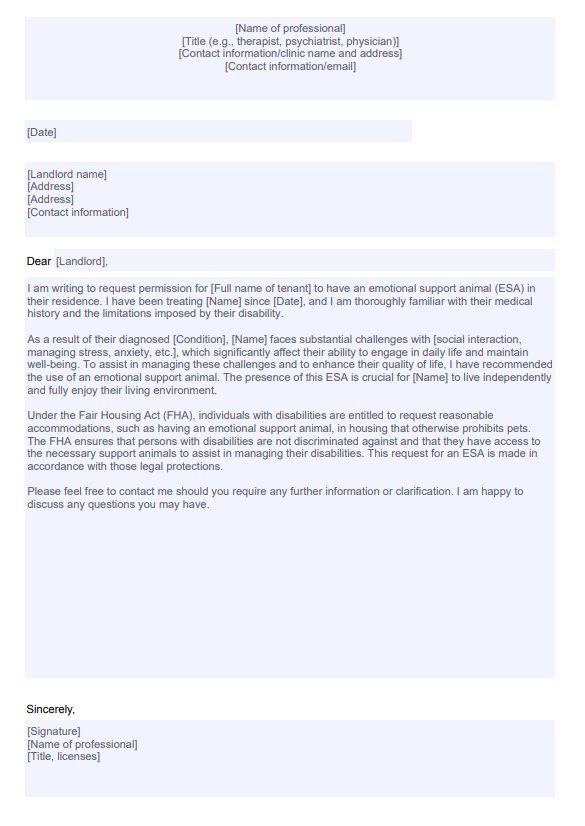
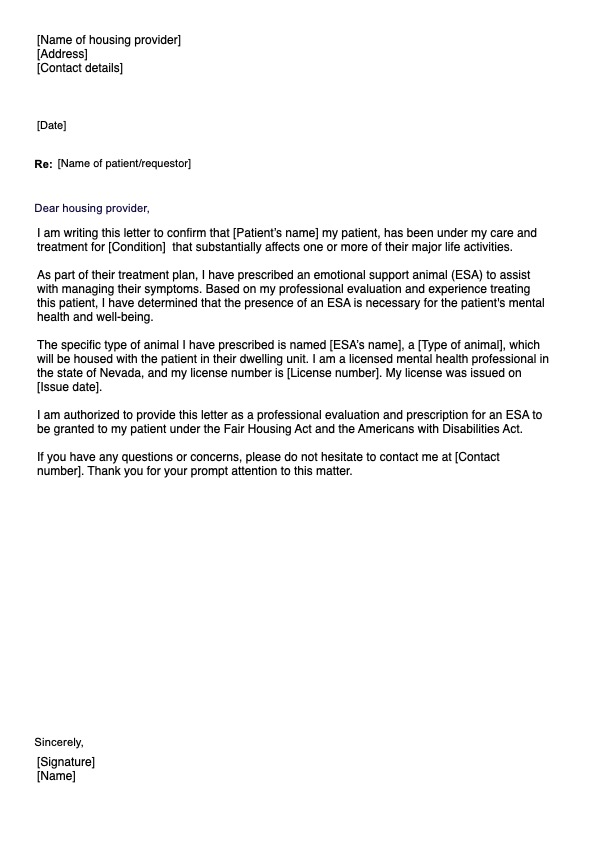



















-template.jpg)



































